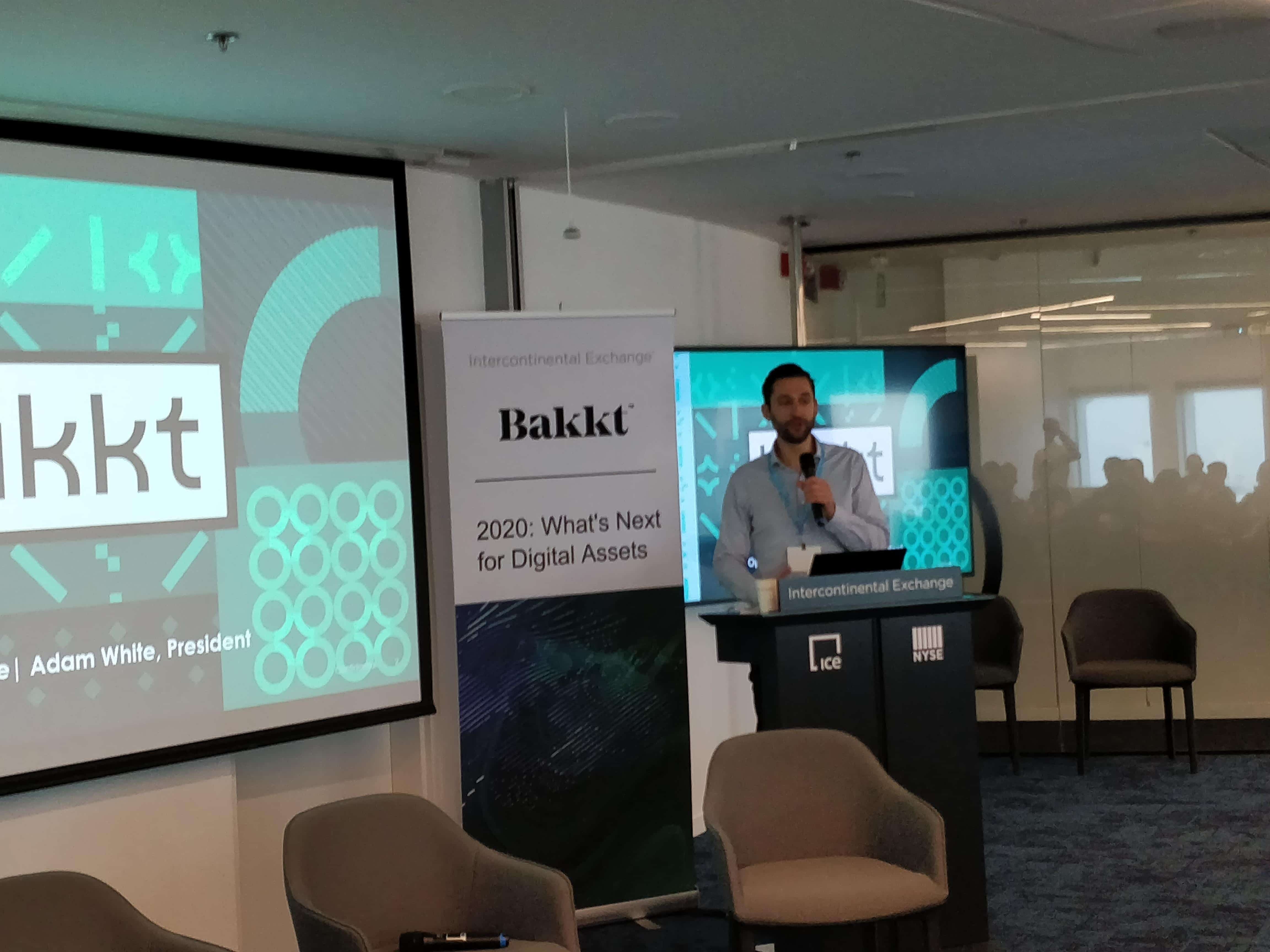Bakkt, a cryptocurrency platform owned by the New York Stock Exchange owner, announced today a massive Series B funding round from a group of high profile investors and venture capital firms to the tune of $300 million.
Bakkt CEO Mike Blandina revealed the new investment in a Medium post, noting that some big names participated in the capital raising exercise, namely: Microsoft’s M12, PayU, Boston Consulting Group, Goldfinch Partners, the Intercontinental Exchange, CMT Digital, and Pantera Capital.
“With the completion of our Series B financing and recent acquisition of Bridge2 Solutions, Bakkt is now a team of 350 employees and powers the loyalty redemption programs for 7 of the top 10 financial institutions and over 4,500 loyalty and incentive programs including two of the largest US airlines,” he added.
Blandina also indicated that the brainchild of NYSE’s CEO works on rolling-out its cryptocurrency mobile application for retail consumers this summer, as well as a merchant portal.
Uneven performance for crypto products
The consumer-centric app was a major reason behind promoting Blandina to the chief executive role in December 2019 in order to Leverage his vast experience in payment products and partnership-driven business. Blandina was head of Payments and credit engineering at PayPal and director of engineering for Google Wallet.
Bakkt touts it’s releasing a consumer application so retail investors can “unlock the value of digital assets” via consumer payments, but also to diversify its crypto portfolio. While Bakkt’s physically-settled bitcoin futures contracts have been steadily gaining interest, it saw zero trading volumes in bitcoin options over the last two weeks. Both the rise in futures interest and subdued options performance followed the enormous price drops BTC felt in the last few weeks.
Bakkt rival CME Group, on the other hand, continues to see better interest for its bitcoin options.
So far, the US regulators have not allowed cryptocurrency-based ETFs on top exchanges or elsewhere, partly because of concerns around the unregulated aspect of the virtual asset class. Still, putting physical-settled contracts on a highly scrutinized US exchange could convince its regulators to allow more advanced products such as exchange-traded funds.

















